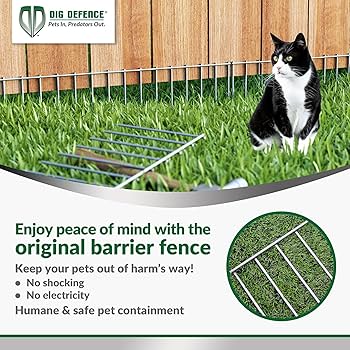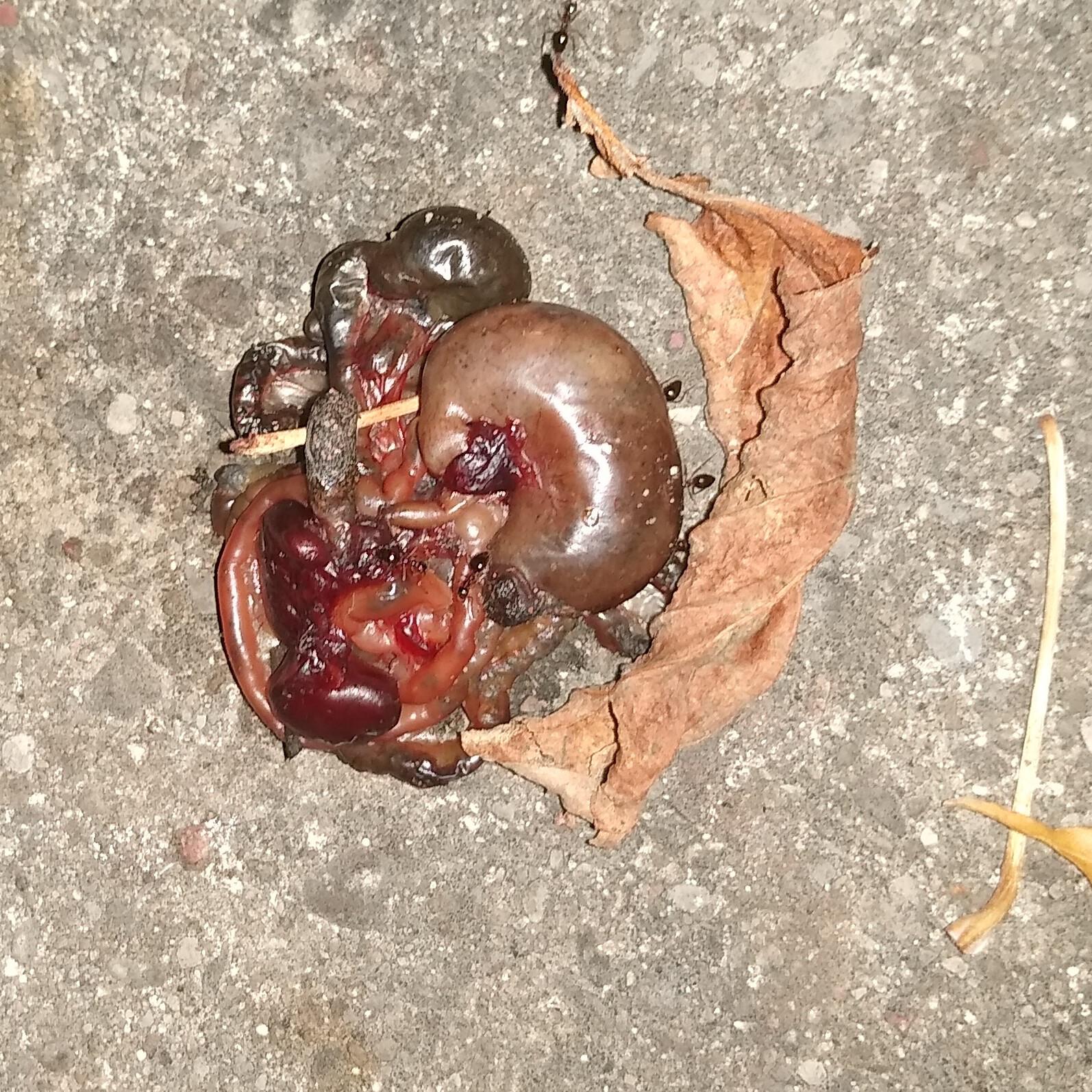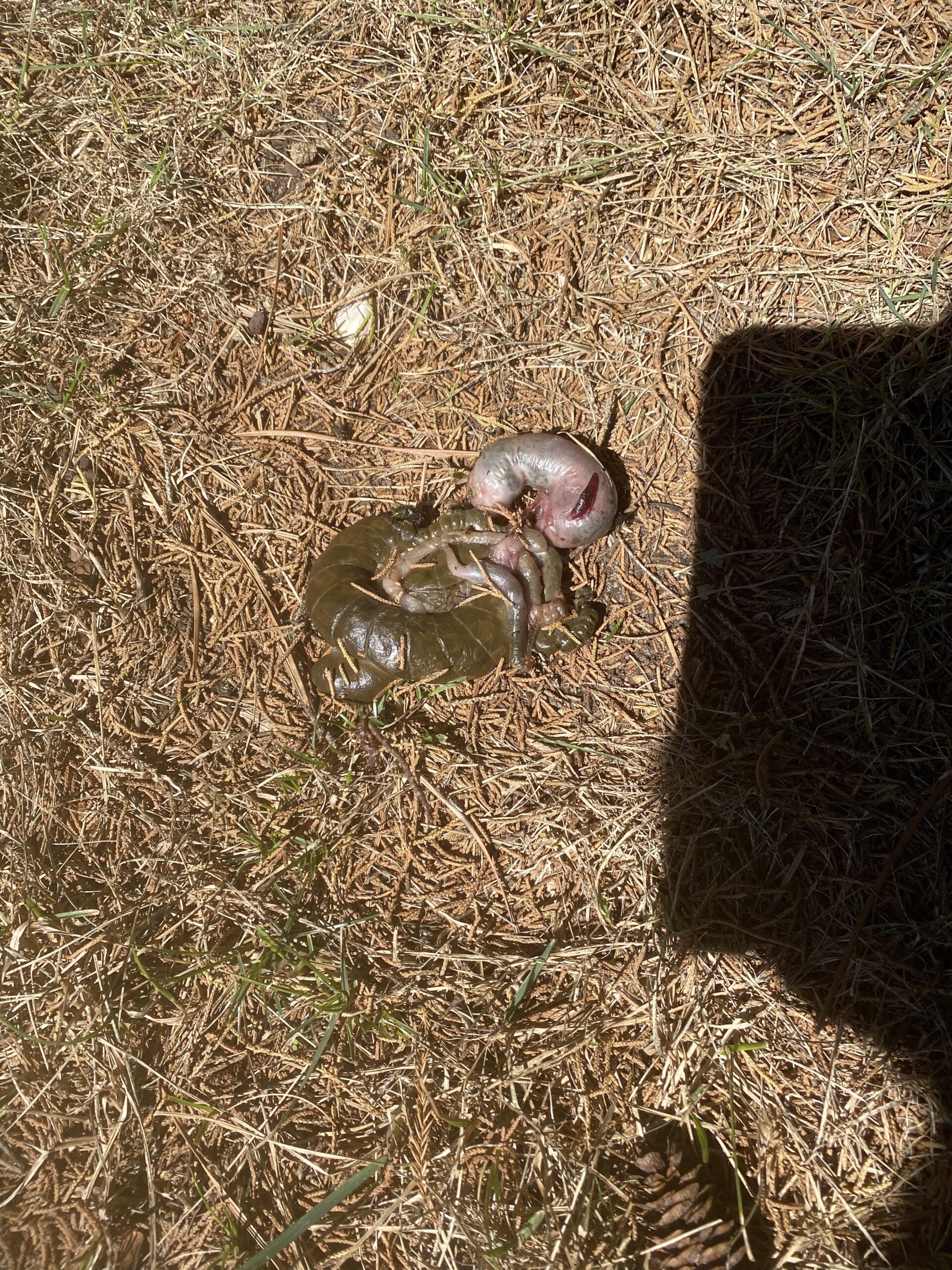Found Animal Guts in My Yard: Should I Be Concerned?
Discovering animal guts in your yard can be both unsettling and confusing. While this experience may initially spark concerns about health or safety, it’s often tied to natural wildlife behaviors. Understanding the causes and taking appropriate precautions can help you address the situation confidently and safely.
At MyTopDeals10.com, we provide practical insights and recommendations for navigating unique challenges like this. Read on to uncover why this might happen, how to handle it, and when to seek professional help.
What Does It Mean to Find Animal Guts in Your Yard?
Finding animal remains in your yard is typically a result of predator or scavenger activity. These events are part of the natural cycle in ecosystems, as predators hunt for food and scavengers clean up leftover remains. While it’s a normal occurrence, understanding the causes and health risks is essential.
“If you’ve recently found animal guts in your yard, you might wonder, ‘Should I be concerned?’ The answer depends on the circumstances and how you handle the situation.”

Possible Causes of Finding Animal Guts in Your Yard
1. Predator Activity
One of the most common causes is the behavior of predators such as:
- Hawks and owls: Birds of prey often leave behind entrails after consuming small animals like mice or rabbits.
- Foxes and coyotes: Known for hunting and leaving parts of their prey.
- Domestic cats: Cats frequently hunt birds or rodents, leaving remnants behind as part of their predatory instincts.
Predators focus on the most nutritious parts of their prey, often discarding the guts or other inedible pieces.
2. Scavenging by Larger Animals
Scavengers like raccoons, opossums, and crows might leave remains in your yard after scavenging nearby:
- Scavengers clean up carcasses by consuming leftovers from other predators.
- This behavior helps maintain ecological balance but may result in unexpected remains in residential areas.
“Predators and scavengers play crucial roles in maintaining nature’s balance, though their actions can occasionally spill into human spaces.”

Understanding Wildlife Behavior
Knowing how predators and scavengers interact with their environment can help demystify why you might find animal remains in your yard.
How Predators Hunt and Consume Prey
- Predators like hawks or foxes target smaller animals, using stealth and precision.
- They consume nutrient-rich parts first, leaving behind entrails or bones.
Scavenger Patterns
- Scavengers like raccoons rely on leftovers from predators or naturally deceased animals.
- They often move remains to new locations, such as your yard, for consumption.
Health Concerns Associated with Animal Guts
While finding animal remains isn’t unusual, there are health considerations to be aware of, especially if you have children or pets.
1. Disease Transmission Risks
Animal guts can harbor harmful bacteria or parasites, such as:
- Salmonella: Found in animal remains and a risk if touched without protection.
- Roundworms or tapeworms: Common in small animals and can infect pets.
2. Protecting Your Pets and Family
- Keep pets away: Dogs and cats might investigate remains, increasing their risk of ingesting harmful pathogens.
- Wear protective gear: Always wear gloves when handling remains to prevent direct contact with bacteria.

“Taking simple precautions can reduce health risks for your family and pets when dealing with animal remains.”
How to Safely Handle Animal Remains
1. Assess the Situation
- Check for signs of disease: Look for excessive flies, unusual odors, or discoloration.
- Determine how long the remains have been there: Fresh remains are less likely to attract pests or pose risks than older ones.
2. Safe Cleanup Tips
- Wear gloves and a mask to avoid direct contact with remains.
- Place the guts in a sealed plastic bag and dispose of it in a secure trash bin.
- Double-bag remains if necessary to reduce odors or prevent leaks.
3. Disinfect the Area
- Use a bleach solution or pet-safe disinfectant to clean the spot where the remains were found.
- Rinse thoroughly to remove any lingering bacteria or odors.
Pro Tip: If you regularly encounter wildlife activity in your yard, consider using deterrents like motion-activated lights or natural repellents to minimize interactions.

Stay Tuned
In the second half of this article, we’ll explore methods to prevent future occurrences, tips for identifying local wildlife, and when to contact professionals for assistance.
For sustainable, pet-safe products to keep your yard clean and safe, visit Found My Animal. Use the exclusive code “mytopdeals10” to save 10% on your order today!

Preventing Recurrences of Animal Guts in Your Yard
If finding animal guts in your yard is a recurring issue, it’s essential to take proactive steps to deter wildlife and minimize such occurrences. By understanding local wildlife activity and implementing preventative measures, you can maintain a clean and safe yard.
1. Identify Local Wildlife Activity
- Observe Patterns: Monitor your yard for signs of wildlife, such as tracks, droppings, or disturbed plants. This can help identify the type of animals frequenting your space.
- Check Timing: Note when you’re most likely to find remains. Predators like foxes or hawks are often active at dawn or dusk.
“Understanding the behavior of local wildlife is the first step to preventing unwanted surprises in your yard.”
2. Install Deterrents
Effective deterrents can discourage predators and scavengers from entering your yard:
- Motion-Activated Lights or Sprinklers: These devices startle animals and encourage them to move on.
- Fencing: Install secure fencing around your property to prevent access by larger animals.
- Natural Repellents: Use scent-based repellents such as predator urine or citrus peels to deter smaller animals.
3. Secure Trash and Food Sources
- Seal Trash Bins: Use bins with tight-fitting lids to prevent scavengers from accessing leftovers.
- Avoid Feeding Wildlife: Even unintentionally leaving pet food outside can attract animals to your yard.

When to Contact Wildlife Experts
Sometimes, repeated incidents of animal remains in your yard may require professional intervention. Wildlife experts can provide guidance and solutions tailored to your area.
Signs It’s Time to Call an Expert
- Frequent Occurrences: If you’re finding remains weekly or more often.
- Unusual Animal Behavior: Animals behaving aggressively or appearing sick could pose risks.
- Health Concerns: If remains appear diseased or are attracting pests like flies and rodents.
Contact your local animal control or wildlife rescue organization for advice on handling persistent issues.
FAQs
1. What should I do if my pet ingests animal remains?
If your pet eats or interacts with animal remains:
- Contact your veterinarian immediately for guidance.
- Monitor your pet for symptoms such as vomiting, diarrhea, or lethargy.
2. Is finding animal guts in my yard a sign of disease in local wildlife?
Not necessarily. It’s usually part of natural predator-prey interactions. However, if you notice unusual odors, discoloration, or excessive pest activity, contact wildlife authorities to assess potential health risks.
3. Can I prevent predators from visiting my yard entirely?
While it’s challenging to eliminate all wildlife activity, using deterrents and securing food sources can significantly reduce visits.
“Preventative measures and vigilance can help maintain a safe, clean yard while coexisting peacefully with local wildlife.”

Conclusion
Finding animal guts in your yard might feel alarming at first, but it’s often a natural result of local wildlife behavior. By understanding the causes, taking precautions during cleanup, and implementing preventative measures, you can handle these situations with confidence and keep your yard safe for your family and pets.
If you’re looking for eco-friendly solutions and products to enhance your outdoor space, visit Found My Animal. Don’t forget to use the exclusive discount code “mytopdeals10” for 10% off your purchase!

For more practical guides and savings on products you can trust, explore MyTopDeals10.com—your go-to source for expert reviews and exclusive offers.


